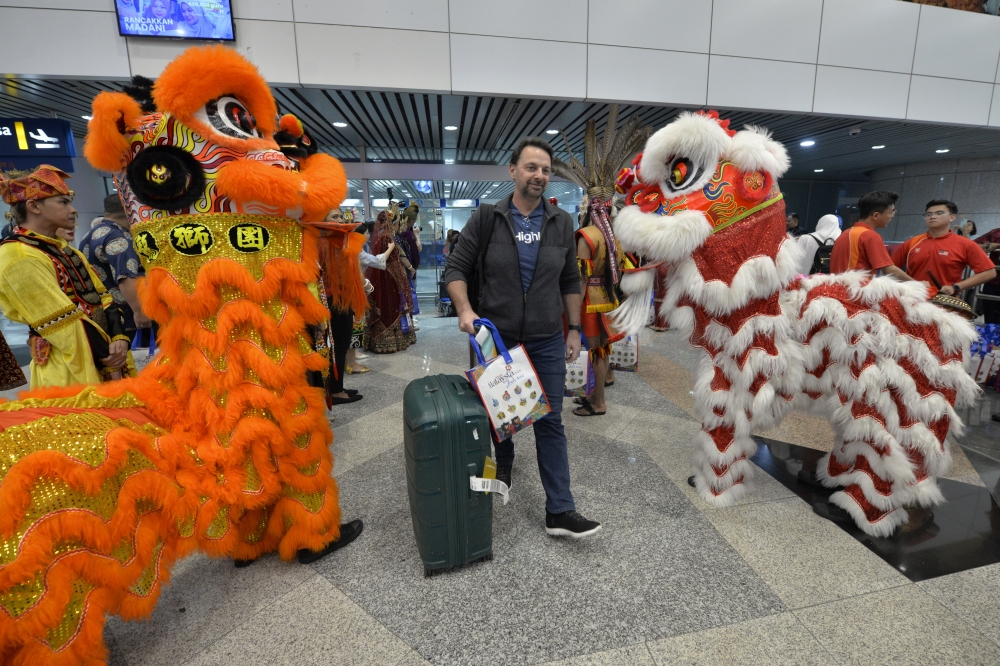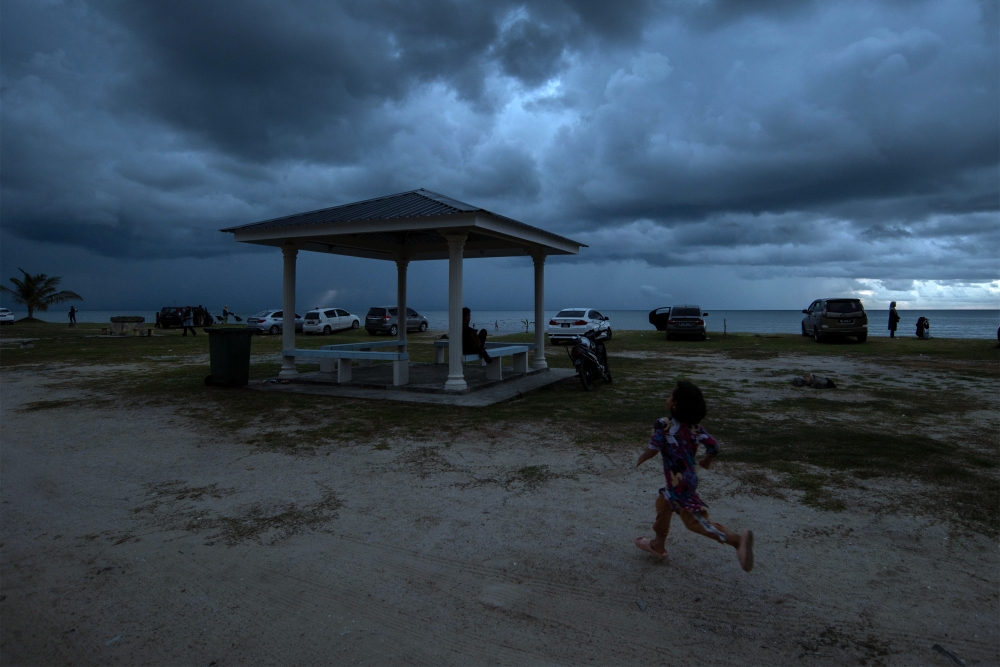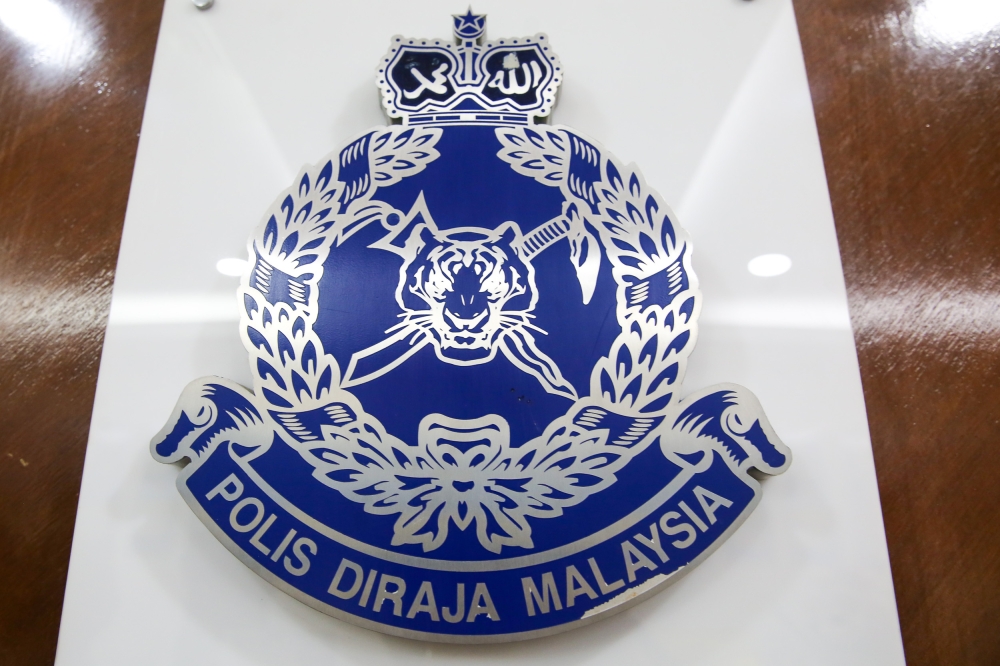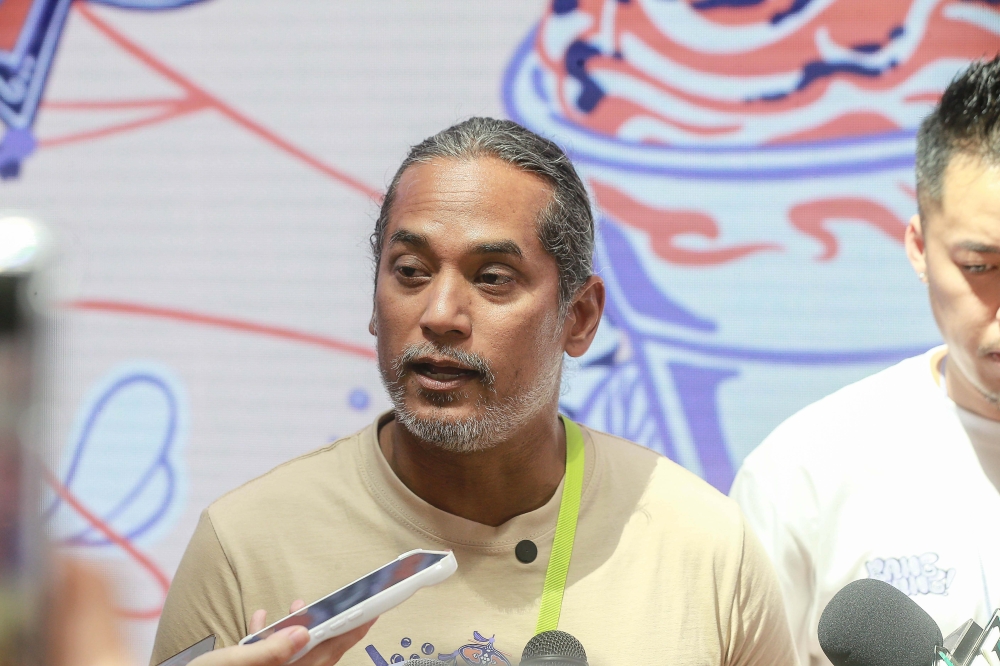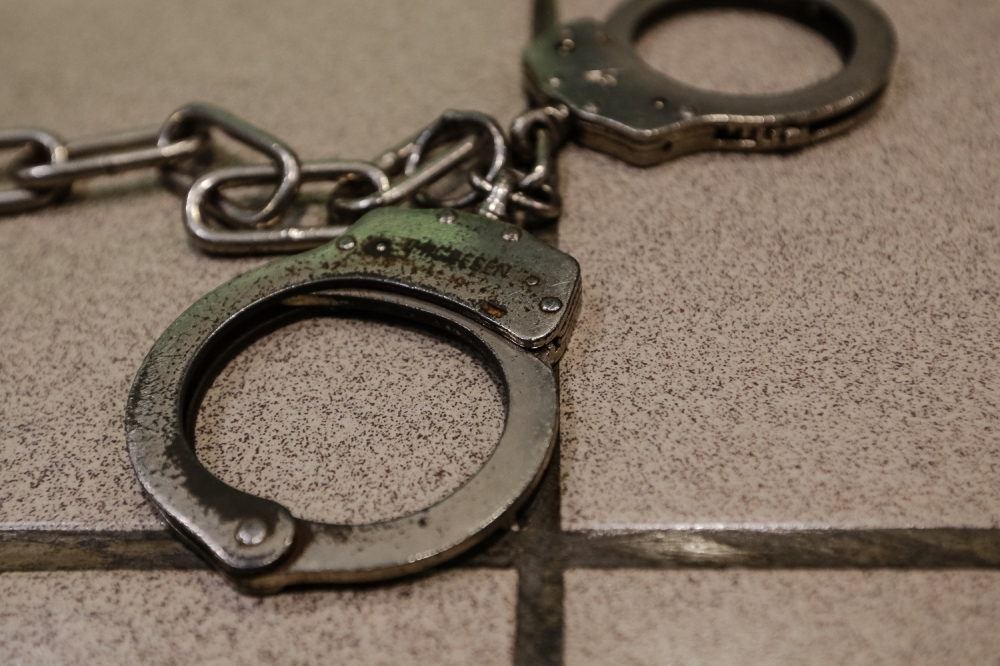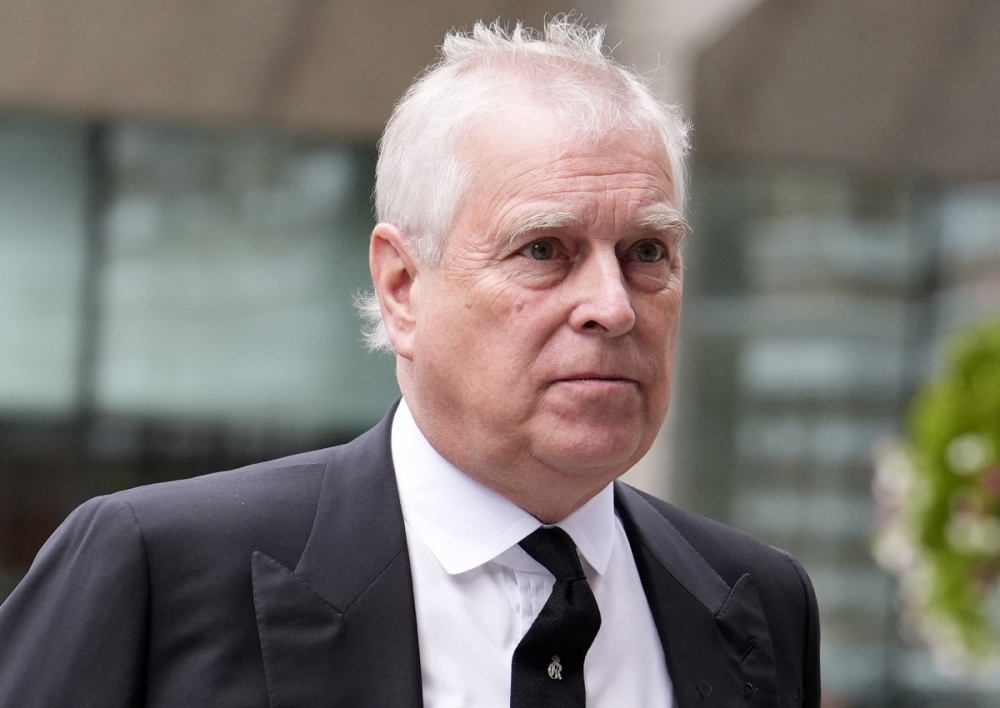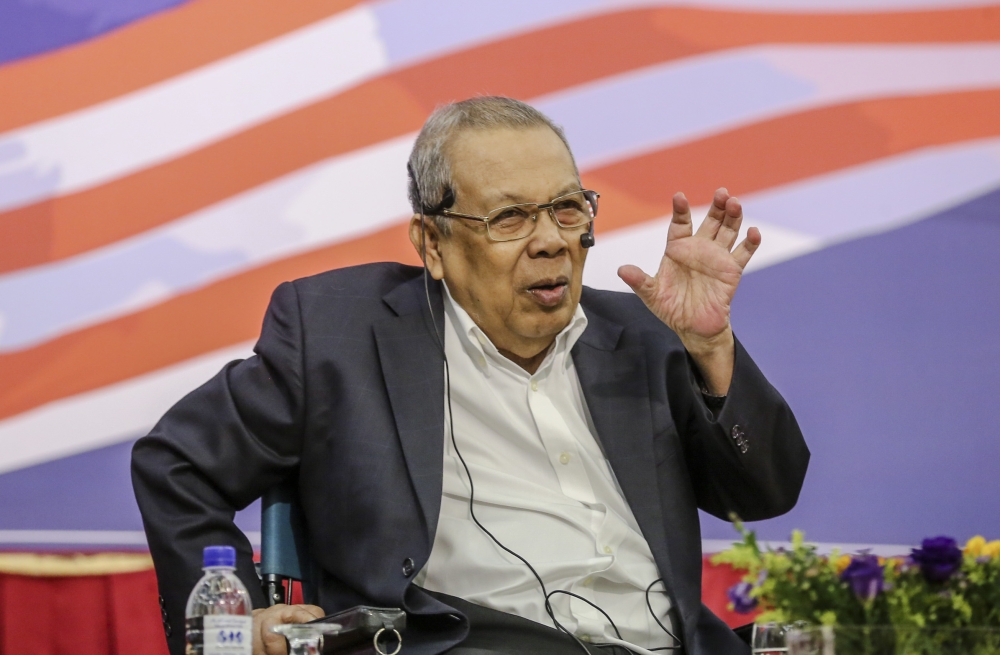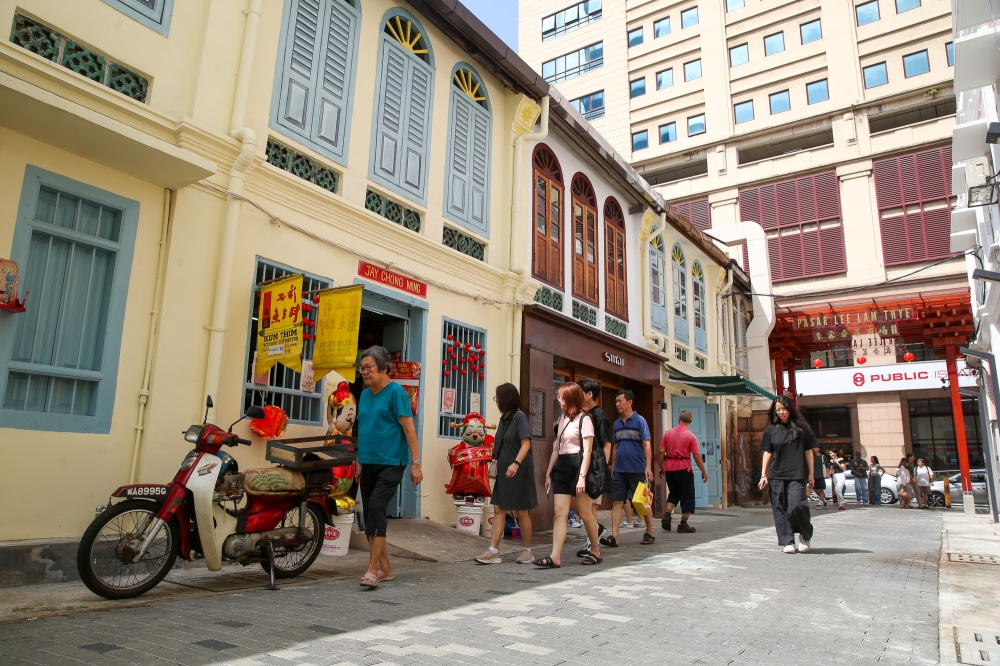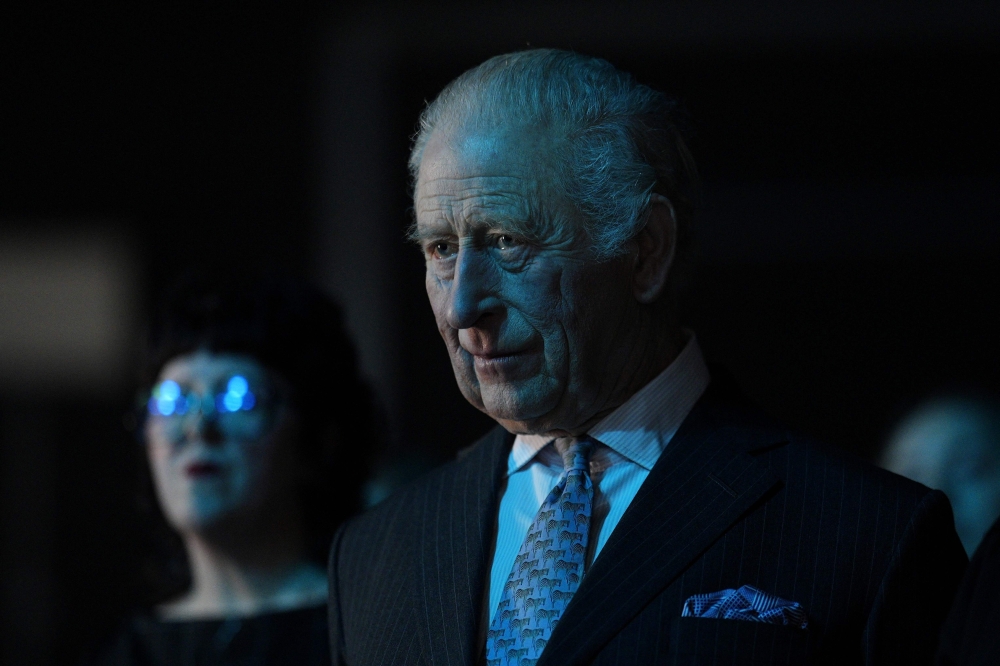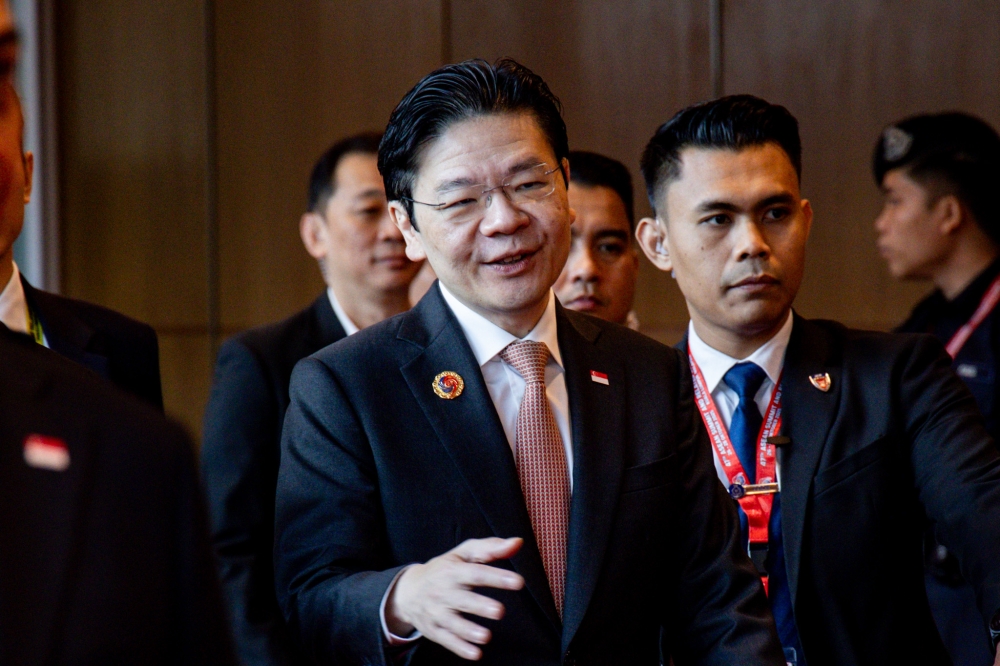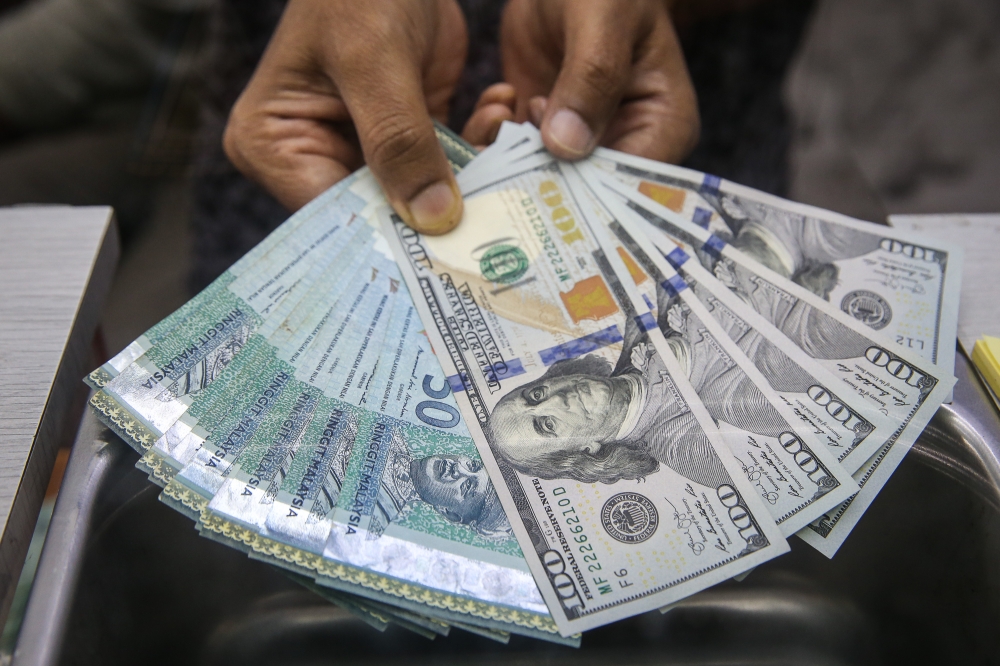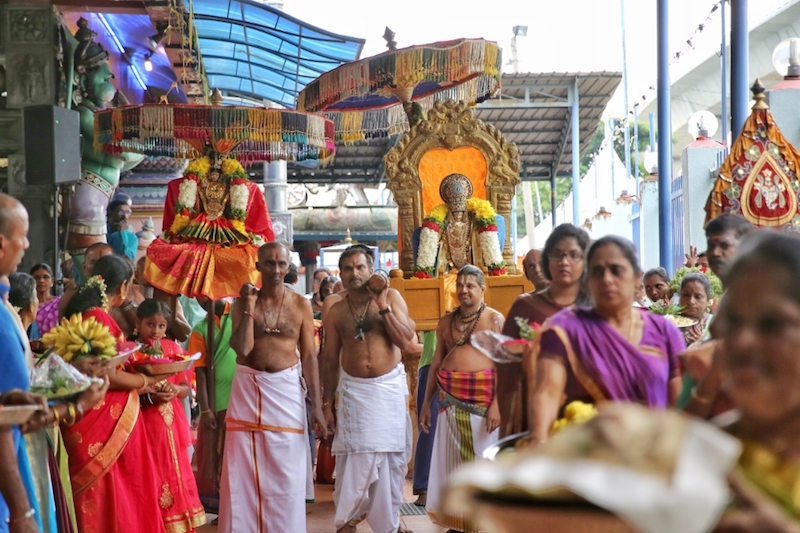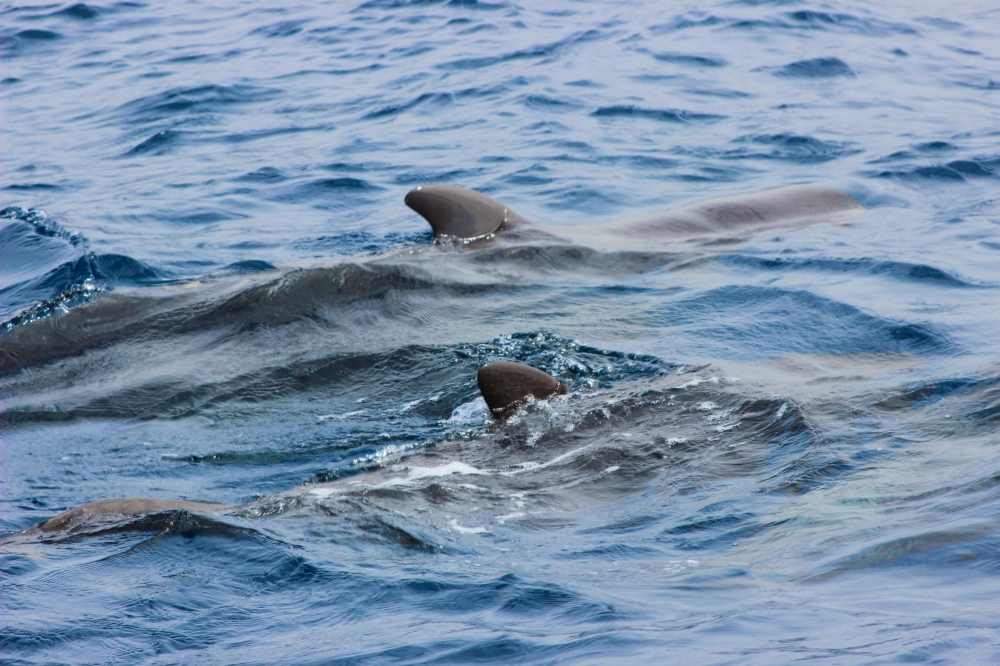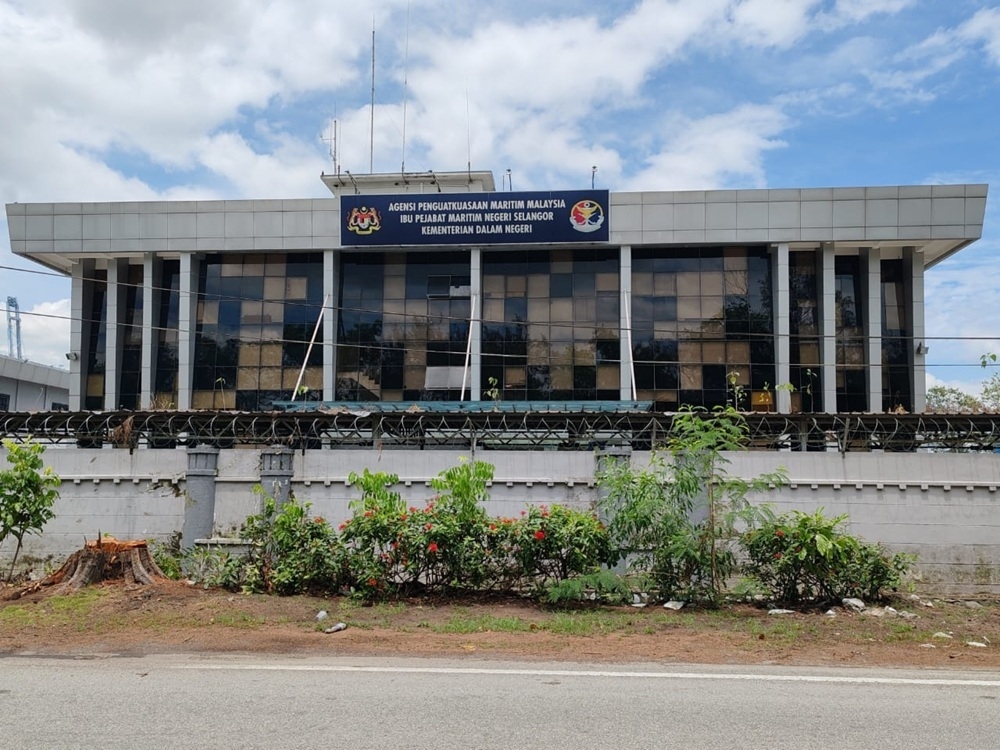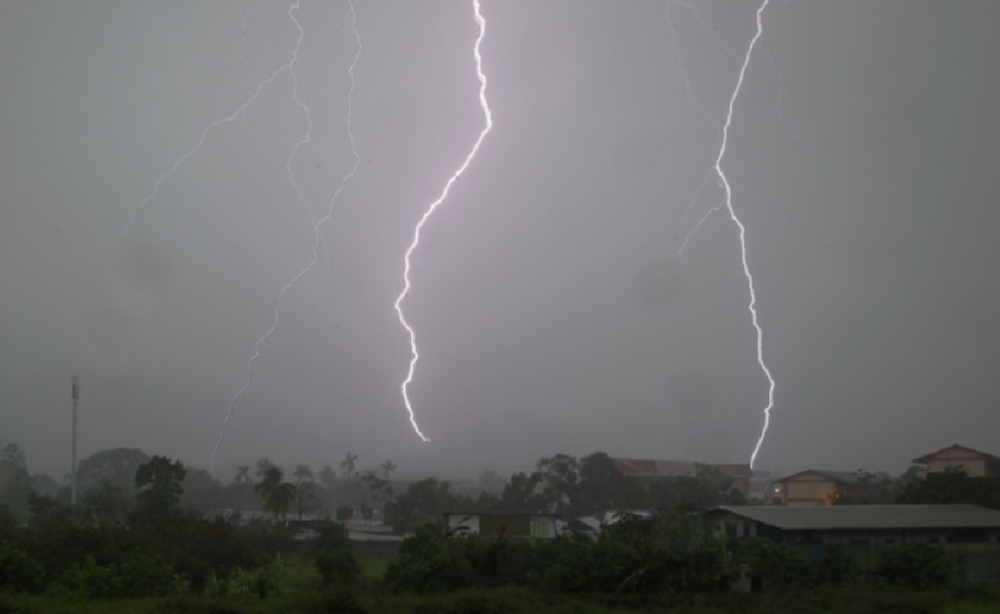KUALA LUMPUR, April 18 ― Short on both political and economic power, the Telugus in Malaysia ― as recently as a decade ago ― were facing an uphill battle to keep the Telugu language alive.
Three decades after their schools were gradually closed down or streamlined into the national education system, Telugu language teachers were scarce.
And those who were able to teach the Dravidian language were sent to schools where there were not enough Telugu pupils to teach!
But in 2010 everything changed when the Telugu Association of Malaysia (TAM) organised an Ugadhi (Telugu New Year) celebration on a grand scale. One year later, Prime Minister Datuk Seri Najib Razak attended one of their events and provided financial aid to the tune of RM3 million.
Seven years on, the community (exact numbers of Telugus in Malaysia are not known) is seeing a revival in the preservation of its identity, culture, and of course its language; some 3,000 students have enrolled in Telugu classes organised by TAM nationwide.
“The prime minister told us back then he might not be able to teach us the language but he can give us the finance to get the best teachers,” said TAM’s president, Datuk Dr Achaiah Kumar Rao, in a recent interview with Malay Mail Online.

This year, TAM aims to finish the construction of the first Telugu Academy in Rawang, Selangor. It is now 70 per cent complete and is partially funded by Putrajaya.
TAM has to date provided RM2 million in interest-free loans to students from the community, RM300,000 in rewards for academic achievers, and also RM15,000 to the Welfare Department.
Interestingly, TAM itself is an organisation that pre-dates Malaysia’s independence. It was formed in 1955 to represent the Telugu community, who were mostly estate workers along the west coast of the peninsula.
Telugus are largely believed to be the second biggest Indian sub-ethnic group after the Tamils in Malaysia. Most of them either live in or come from Perak, from towns such as Bagan Datoh and Lumut as well as Selangor towns such as Rawang.
In India, the majority of Telugus live in the states of Andhra Pradesh but they can also be found in Tamil Nadu and Kerala.
With the Ugadhi Open House, which is TAM’s main event, getting bigger and more visible each year, Achaiah has a list of wishes on how the community needs to be represented.
“In 1981, Telugu was removed as a subject in exams in schools so we want Telugu to be brought back as a subject in exams. We have 3,000 students studying the language now. After all, the language is also part of Malaysia's heritage,” he said.
While there are no great political aspirations ― there are no ethnic Telugus in a major leadership role in any political party in Malaysia ― Achaiah hopes for at least one Telugu senator in the Dewan Negara one day.
Much of TAM’s recent successes was due to participation of the youth, especially those who grew up within insular Telugu communities but have now migrated to urban areas while maintaining ties with community leaders and their activities.

Sriniwas Rao, a 26-year-old banker and actuarial science graduate, became active in TAM in his early teens, having helped organise events in Bagan Datoh.
But he has maintained his participation even after starting his career, and is now the TAM Youth vice-chief. He sees his participation in TAM as a form of “personal development.”
“I had the exposure from a very young age. It has become a passion to contribute to the community and TAM has the platform. It is an opportunity to serve the people,” he said.
While youth participation in TAM’s activities is “satisfactory”, Sriniwas said that TAM is still in need of more youths to volunteer their time and effort to help out with events.
“In our organisation, no one even makes claims. Actually, they can claim a certain amount for travelling, but the claim form is just there... no one actually fills them up,” Achaiah said, pointing out how TAM’s recent success has been built by the spirit of community volunteerism.
And come April 23, he is hoping that this will make TAM’s Ugadhi Open House at Dataran Merdeka a huge success.


